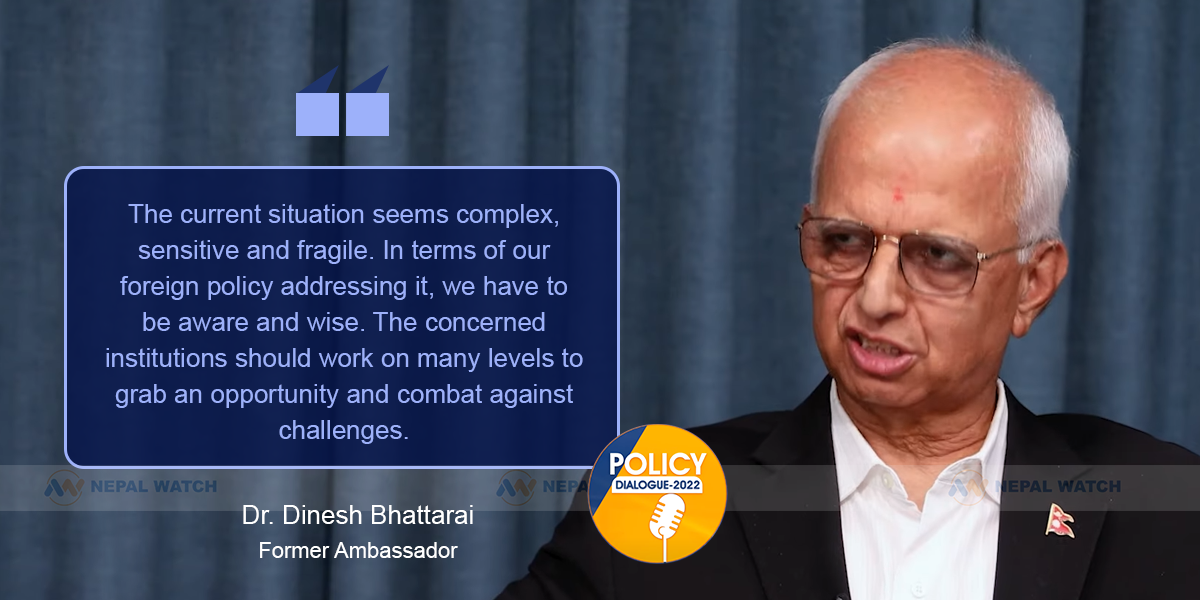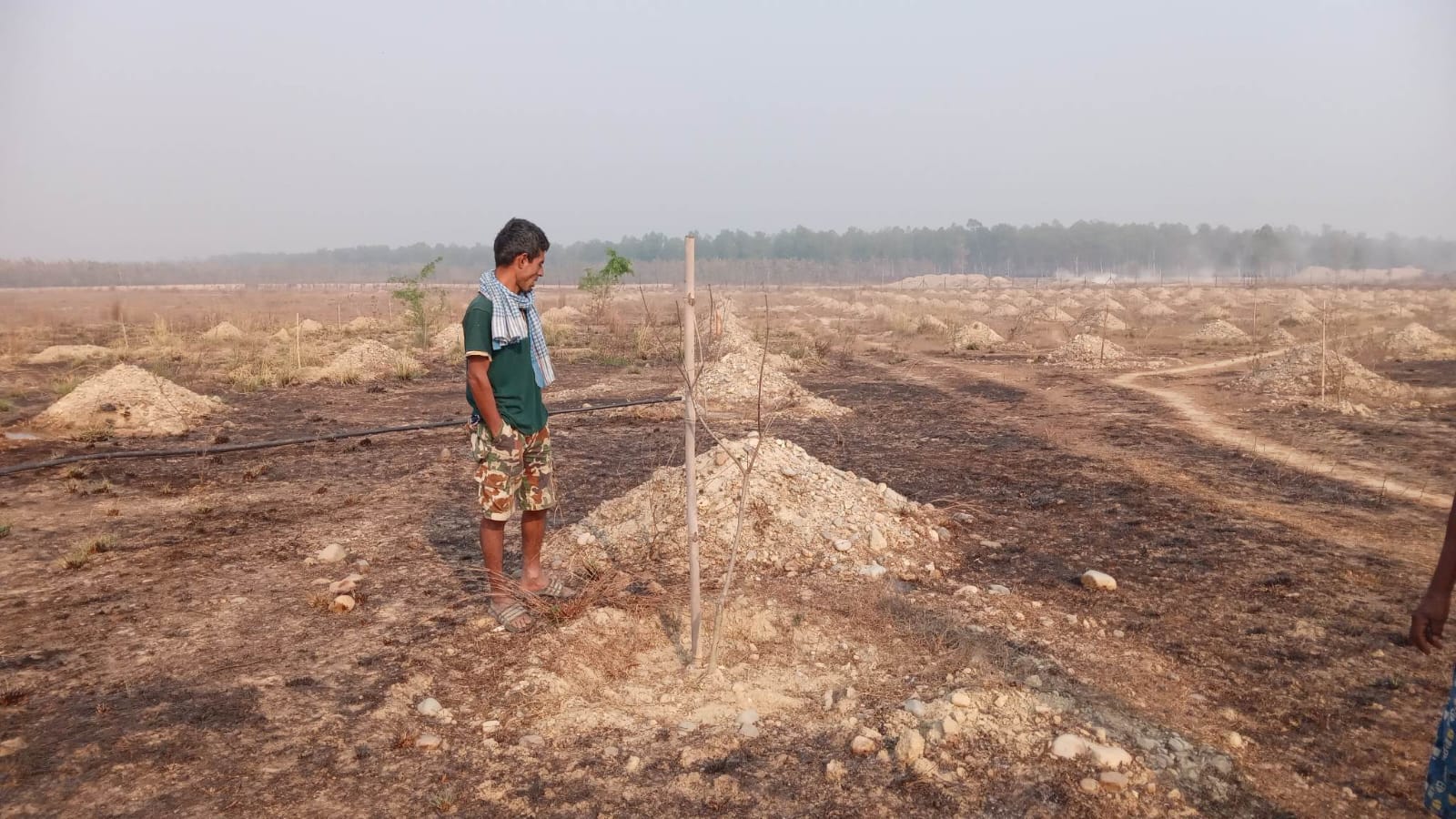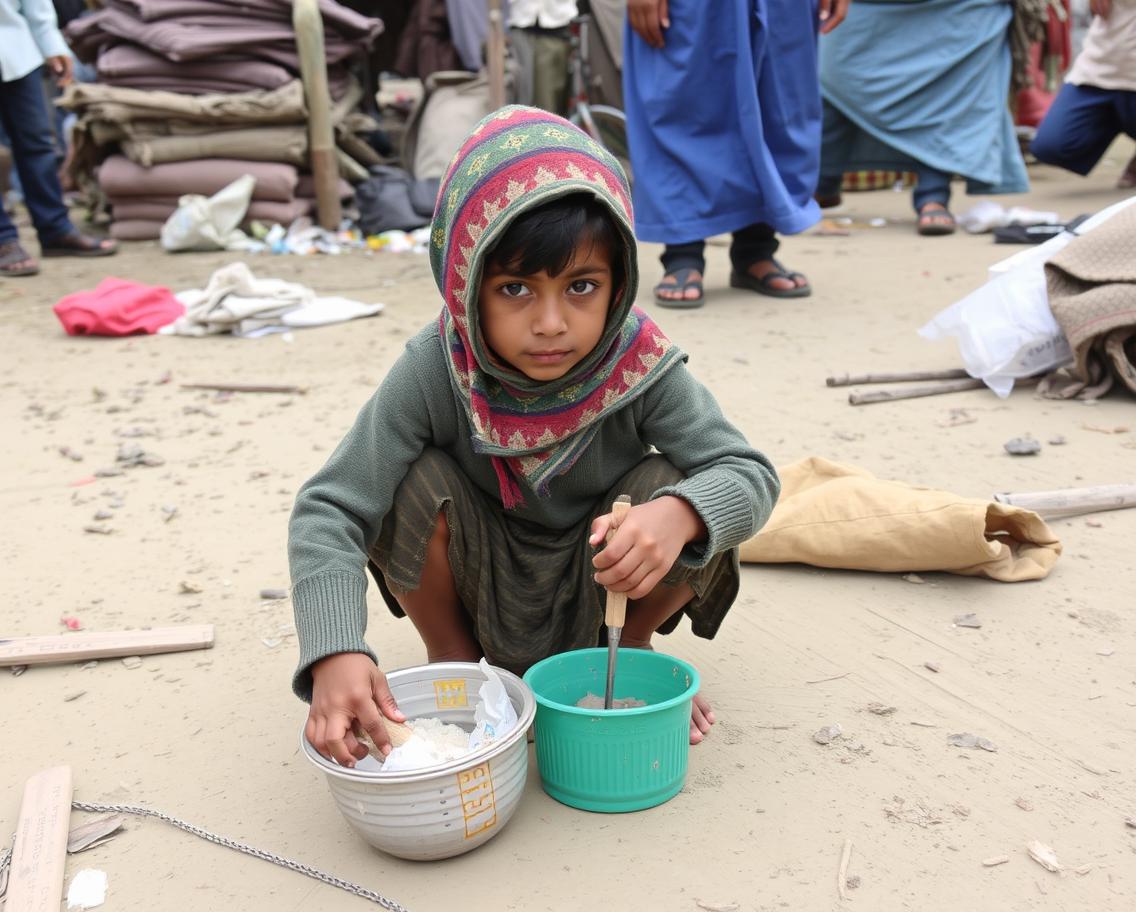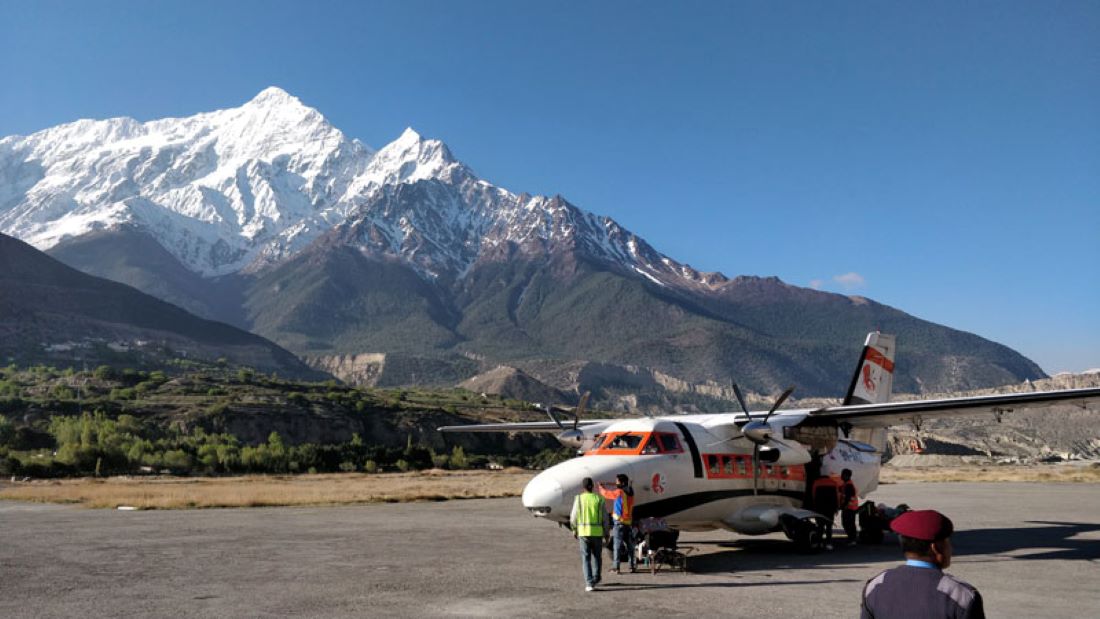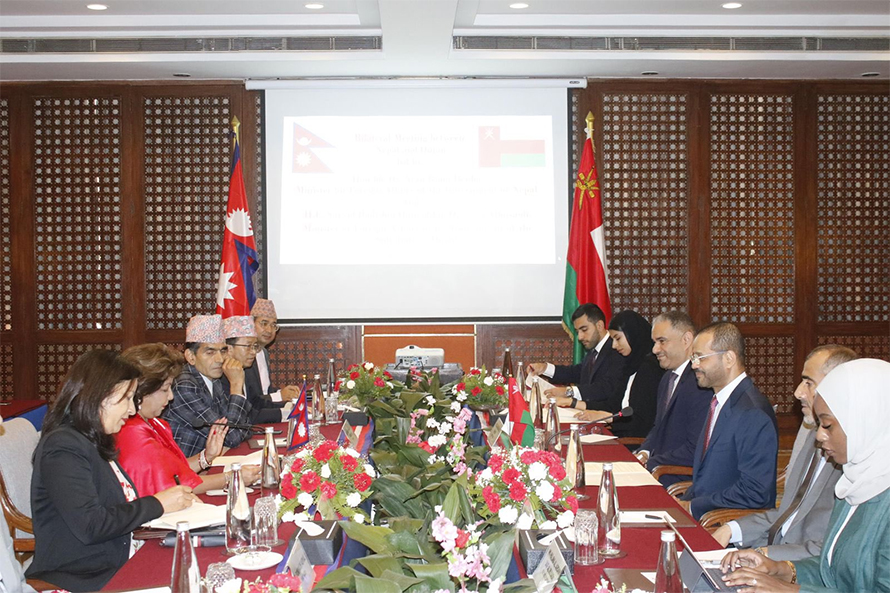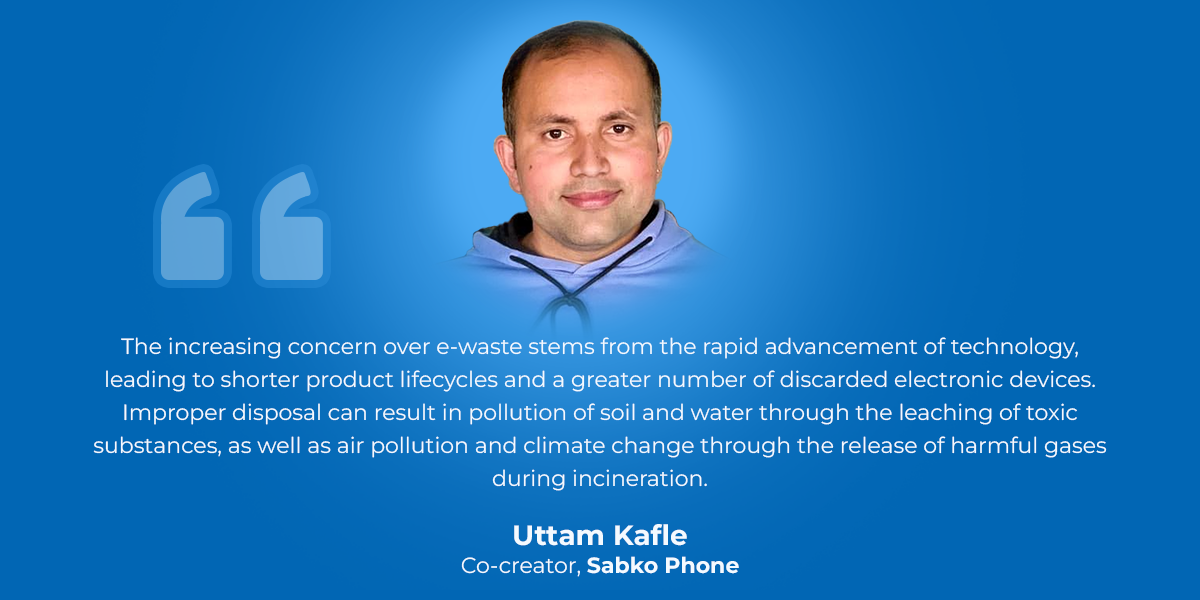The industrial revolution doesn’t take without eradicating the practice of syndicate
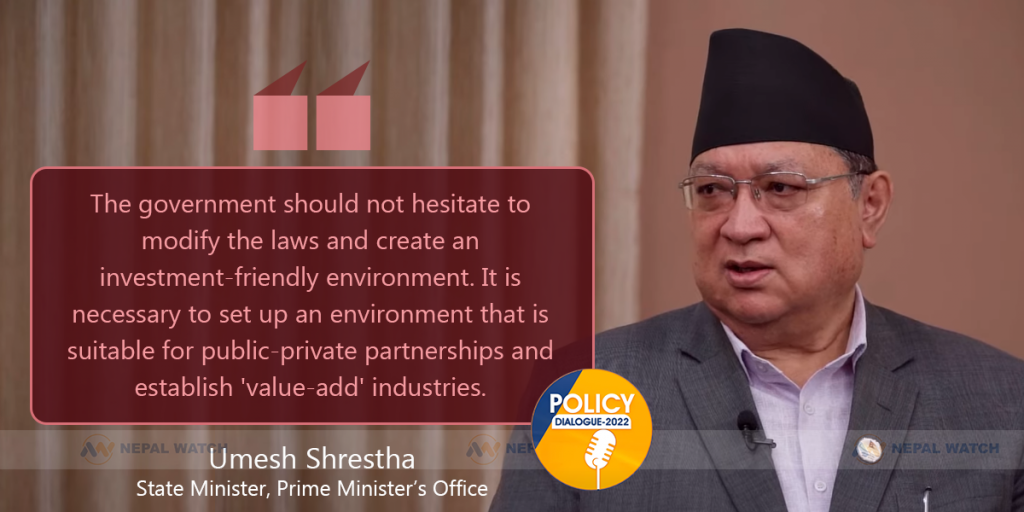
Kathmandu. The government should not hesitate to modify the laws and create an investment-friendly environment. It is necessary to set up an environment that is suitable for public-private partnerships and establish ‘value-add’ industries.
Kathmandu. Industrial areas started to set-up in Nepal during the Panchayat period. But as of now, we are not able to create a condition for the participation of the private sector by accumulating sufficient investment. I am a person who has taken a ‘paradigm shift’ from business to political service. Along with active politics, I have been participating in the government for about a year and a half. According to my expertise and knowledge, first of all, the government should pay attention to the development of infrastructure.
Although industries are being established nowadays, there are significant problems. Industries are not set-up in a planned way rather haphazardly. In many cases, soon after the establishment of industry, there arises conflict.
Because of these kinds of situations, the established industries have been destroyed and the land where the industry was set up are sold as plots. There are numerous examples of forming urbanization because of industrial pollution.
The next priority of the government should be the construction of an industrial park. For this, the government has to create an environment.
There is a discussion about establishing industrial parks in every province. There may be inadequacies in the laws, rules, and regulations while proceeding with this plan. In such a situation, the government should not hesitate to modify the laws and create an investment-friendly environment. It is necessary to set up an environment that is suitable for public-private partnerships and establish ‘value-add’ industries.
At present, industries have been haphazardly established in most places. Let’s talk about Chitwan. Industries have been set up by the side of the river. One should not set up industries in a unsystematic manner. It is important to develop a guideline about managing the industry which clarifies where to set up industries, and where not to. A quick plan should be formulated for this.
Nepal has its own potential. Those potentials should be prioritized and emphasized while establishing industries. In our neighborhood, there are huge countries like India and China. Even if a small part of it comes, we can do a lot.
We have our shortcomings. The support of the private sector is equally necessary for its improvement. We have
already discussed this by calling representatives from the private sector. We have requested them to explore the complications that are prevalent.
The government’s priority is to create a suitable environment for investment. In some places, we are working to sort out the difficulties that exists. The government is trying to attract investment by creating an investment-friendly environment. The government is also serious about how to advance those eight industrial zones, as we are not able to put them in operation.
The major problem in the industrial sector is the lack of coordination. Problems are arising due to a lack of coordination between the ministries. For example, one ministry should facilitate the other in land and forest-related issues. But this is not the case. Therefore, to solve this problem, we have called all the ministries and started discussions.
We have thought that we should build an industrial park in densely forested areas with less destruction. We have tried to do this work in the modality of private-public partnership (PPP). At the same time, we are also looking forward to facilitating with the private sector, local government, and the federal government. Currently, the capital of the government is not enough for this. The government has only three billion rupees for capital expenditure.
Governments alone cannot invest all the expenditure. For this, the government must invest in large infrastructure through private-government partnerships, looking at the best models around the world. Also, if the work is carried out in partnership with the private sector in infrastructure development such as roads, airports, etc., work can be done quickly. The election is nearby. Therefore, the next priority of the government is development and prosperity. 50/60 years ago, we built an industrial area. Now it has to be ‘restructured’. With the change of time, we have to bring about a change in thinking and policy.
Billions are invested on our industries. How are they going? What should we do to industries that are not in operation? It is necessary to come up with a blueprint. The main task that the private sector must do is to bring changes in thinking and mentality. The industrial revolution does not take place without eradicating the practice of syndicates. Because if a business gets a contract they have a mentality that they should continue getting till the time of his grandson.
The old ones have to be reconstructed, while the construction of a new industrial park should have allocated a place to set up industries. It should be clear where to set up the food industry, and where to set up the IT park. The government is aware of this.
We should also consider which industry can create more jobs and bring in capital. We have to build the industrial sector with comprehensive thinking.
It is better if not only the government but also the private sector participates in the construction of these infrastructures. For example, after Nepal Infrastructure Development Bank is set up it invests in industries and creates jobs. After the investment, they also think about how to get ‘return’.
There is more and more political interference in the structure of the government. More attention is given to getting appointments for their loved ones. As soon as there is a private-government partnership, these distortions cannot happen and a kind of ‘control system’ is established. The industrial park also functions well. Those who invest in the industry also start looking for new businesses.
The industrial parks are in process of setting-up. Before that construction, I see the need for experts related to it to go abroad and observe. One can observe how the newly opened industrial parks in India are functioning. how do they are run? how they are successful? Industrial parks have been widely successful in Bangladesh. Looking at the same model, the government should make policies in Nepal too.
It is not possible to bring investment without respecting the people who invest. We must establish respecting culture. I am a person who arrived at this place suffering a lot. But when I come to politics, the point of view is negative. “This is a businessman”, this is what they say. The purpose of my joining politics is to bring change.
People who take risks and work hard should be respected in society. If we do not respect them, they will not be interested to invest.
We are a federal nation now. But the ‘mindset’ is old. We should develop from the bottom up. The federal government will make the policies. There should be competition between each province while working. As soon as there is competition between provinces, there is a rush to establish industries there. Policies, rules, acts, and politicians should develop our vision about establishing and smoothly running industries in Nepal.
(Edited part of the statement made by Umesh Shrestha, State Minister inn Nepalwatch’s television presentation ‘Policy Dialogue 2022’)
Trending
Related News
Latest
-

Riddara RD6 EV Pick Up Launches Exchange Offer In Nepal
-

Shop More, Save More with Daraz Nepal’s 5.5 Best Price, Best Deals
-

Unveiling the Galaxy S25 Ultra 1TB: Samsung’s Tera-fic New Flagship Variant Kicks Off the New Year with Unprecedented Storage Power
-

UK announces £10 million for Myanmar quake relief
-

World Bank Approves financing package of 150 Million USD to Nepal




